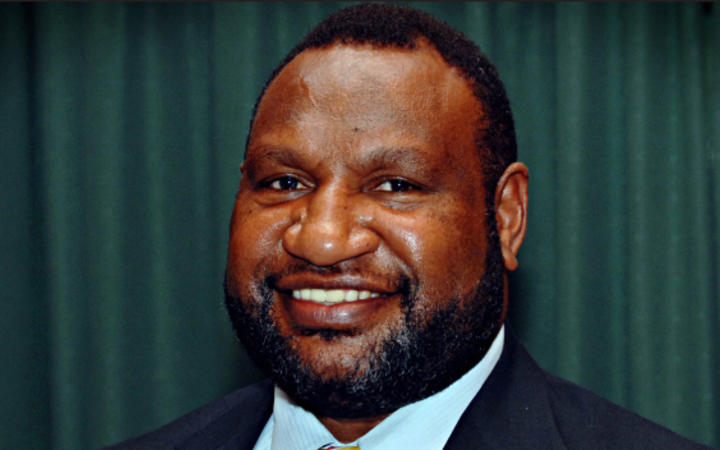By BAKA BINA - PNG Attitude
"Is the group or the writers recognised by higher tertiary institutions like UOG, UPNG, linguistic institutions etc? Has their research work being recognised and acknowledged by NRI and appropriate institutions? How many research work have they undertaken, recognised and certified by appropriate institutions, authors and writers? Is/are the literature organizations aware of the existence of these writers? Have they followed all protocols to be recognised as writers? Is this letter a short cut to be recognised and rewarded? Other questions reserved...." - Billymore Rakatani, Facebook
PORT MORESBY - Billymore should be told to also read sites like PNG Attitude. If he does he will know that writing is not easy.
Writing non-fiction is not easy. In stories, a writer must try to capture the small moments where emotions speak.
You see a group of young boys making fun under a tree and rolling around in the grass over their jokes.
Any writer will really struggle to capture that moment in time - by trying to describe what they do, how they do it, what was the trigger word that sets off the laughing etc.
In writing you do not hear the laughter; writers try to do that with words. A simple task like that is not easy.
Writers want to transfer the atmosphere. They may do with a lead up. That calls for a special talent - oratorical penmanship and talent.
Writers who capture these emotions have a special skill. They are orators on paper and try to do their best to capture your imagination and hold it for a moment, helping your mind to do its own thinking.
Academic writers do not need to consider the emotions of the reader. It is factual knowledge that has to be correct. Academic paper must stand up to the scrutiny you suggest and the places where scrutiny is given are in place.
Most of our writing will be to capture our legends and history. These are the oral stories of our people and, if a writer does not give emotions to them when capturing them in writing, very few people will read these bodies of work especially for those these writings are important.
For example, in the village and language group that these oral stories belong to. They must be written in a way that they can be read and understood.
So Billymore, I write but have not been certified by anyone nor will my writings be certified in the future.
Those who read my shorts are the people who certify my works.
I write about a time in my life when I was a young boy with no television and no mobile phones and when I spent my weekends traversing our traditional land and boundaries doing the small, mischievous things young boys do.
I want to tell other people and children of today that they are missing out on life when they are watching movies all day on phones and laptops and playing with mobile phones.
This is that from the village there is a vast expanse yet to be explored.
I don't need certification to talk through my words to my readers and my readers don't need to worry me about certification.
One thing is certain, Billymore, while you dither about certification, all the old people who have the knowledge and traditions of your family, clan and tribe are fast dying.
If you do not act soon to write them down, because you are so worried about certification, don't blame anyone because it is you who is procrastinating and the casualty of that procrastination will be the history and oral stories of your family, clan and tribe.
The three writers that you cast aspersions over have not had their writings certified but, if you have the time, please do certify their writings.


